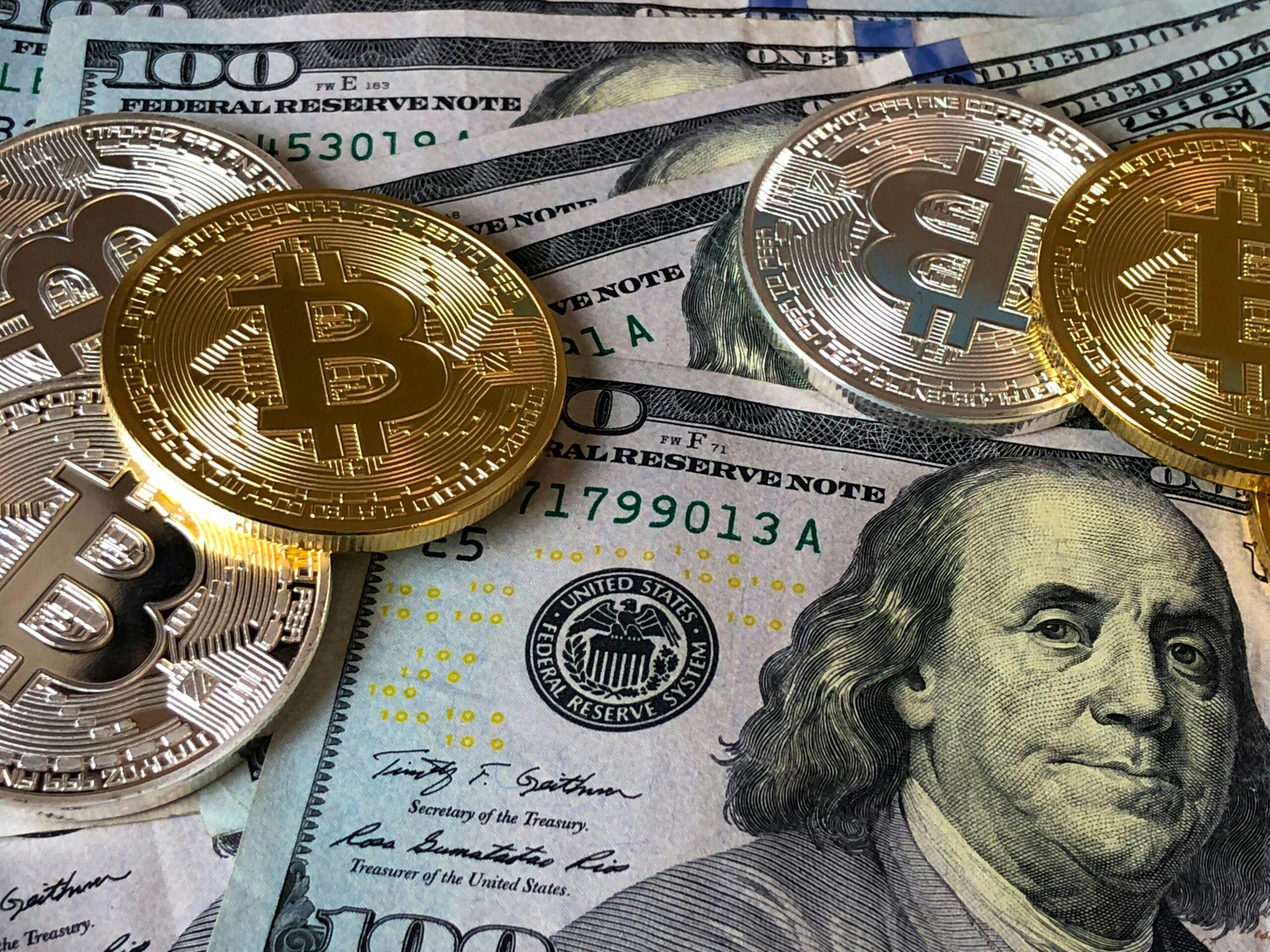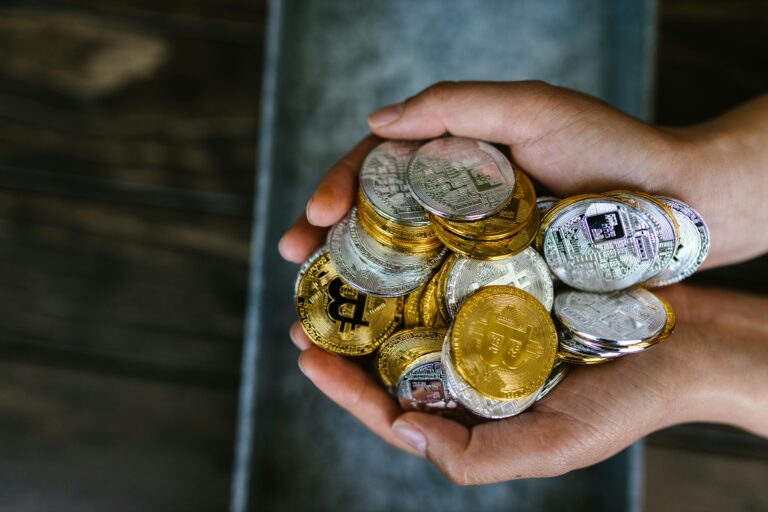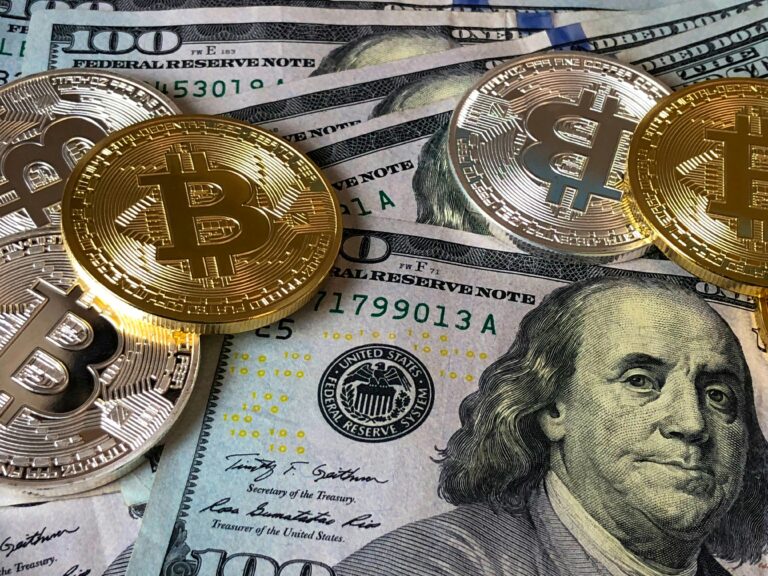Securing Your Cryptocurrency Investments
Do you know how to protect your cryptocurrency investments? And how to avoid common scams? We have got you covered! Investing in cryptocurrencies can be thrilling, but it comes with its risks. Not only will we help you understand these risks, but we will also tell you how to safeguard your digital assets effectively.
Understanding the Risks
Expect Scams
Cryptocurrency investments are often targeted by scammers due to the lack of regulation and the anonymity of transactions. Investors need to be extremely cautious.
Common Scams
- Giveaway Scams: These scams lure victims by promising super-profitable investments through an “investment fund”, “experienced manager”, “celebrity”, or “large investment firm”. Scammers either disappear with the initial payment or provide a small profit to encourage further investment, then vanish with the larger amount.
- Value Inflation: This involves investing in promising new coins or tokens whose value keeps increasing. However, when trying to cash out, investors find it impossible.
- Romance Scams: Scammers use dating platforms like Tinder to build a romantic relationship, which eventually leads to discussions about investments and the inevitable scam.
- Fake Exchanges: These phishing schemes target crypto wallet details instead of credit card information, tricking users into providing their private keys.
Protection Methods
- Double-check Validity: Always verify the legitimacy of any firms, individuals, or websites offering investment opportunities.
- Avoid Hasty Decisions: Take your time to study new investment opportunities thoroughly. Fraudsters often pressure their victims to act quickly.
- Ignore Unexpected Offers: Be wary of unsolicited investment offers received via social media, email, or instant messages. It’s safer to ignore offers you didn’t seek out.
- Use Anti-phishing Protection: Protect all your devices with anti-phishing software to ensure you are accessing genuine websites. Kaspersky Premium, for instance, blocks access to fake sites.
- Use a Reliable VPN: A VPN won’t directly protect against phishing but will secure your online activities from spying and website spoofing, especially on public Wi-Fi.
Protect Your Devices
Criminals can infect your devices with malware to steal cryptocurrency. Protect your computer and phone rigorously.
How to Protect
- Use Comprehensive Cybersecurity Solutions: Solutions like Kaspersky Premium offer application behavior monitoring, high malware detection rates, special protection for password entry, and more.
- Maintain Device Hygiene: Only install apps from official sources. Avoid apps with few downloads or reviews and never use cracked software versions, which often contain malware.
- Restrict Access: Limit access to your devices to prevent unauthorized use. Password-protect your devices and enable auto-lock after short periods of inactivity. Use full disk encryption for added security.
Create Multiple Cryptoasset Repositories
Storing large amounts of cryptocurrency in online vaults or on internet-connected devices increases the risk of theft. Balance accessibility and security by using both hot and cold wallets.
Cold Wallets Protection
- Select Secure Models: Research wallet models for vulnerabilities before choosing one.
- Buy from Trusted Sellers: Purchase wallets only from reputable sources to avoid counterfeit products.
- Secure Storage: Keep your wallet in a safe place. Consider risks like theft, loss, or natural disasters, and use a safe deposit box or home safe.
- Create Strong Passwords: Use long, unique passwords for your wallets. Ensure no one sees or can guess your passwords.
Take Care of Passwords and Keys
The biggest fear for crypto owners is losing their passwords or seed phrases. Follow best practices to keep them secure.
Password Protection Methods
- Use Strong, Unique Passwords: For every site and service, use a different, strong password. Store them in an encrypted password manager.
- Enable Two-Factor Authentication: Use USB keys or mobile apps for two-factor authentication instead of SMS, which can be intercepted.
- Regularly Check for Exposures: Monitor if your credentials have been exposed online due to hacks or leaks from third-party services.
Essential Security Measures
| Measure | Description |
| Anti-phishing Protection | Blocks fake sites and phishing attempts. |
| VPN | Protects against website spoofing and spying. |
| Cybersecurity Solution | Includes malware detection and application behavior monitoring. |
| Password Management | Stores passwords securely and checks for leaks. |
Conclusion
Securing your cryptocurrency investments requires vigilance and the right tools. By understanding the risks and implementing these protective measures, you can confidently navigate the world of digital assets.




